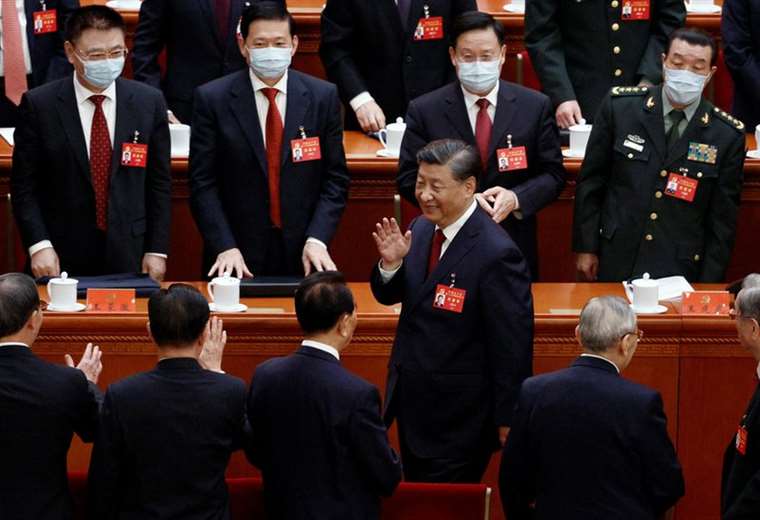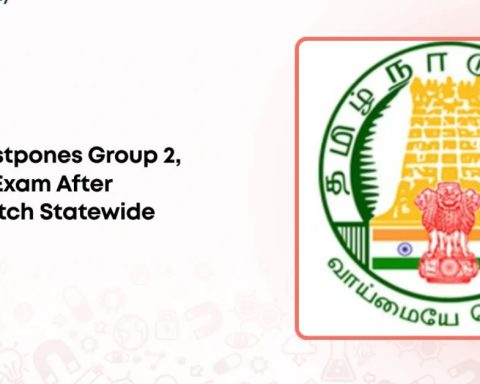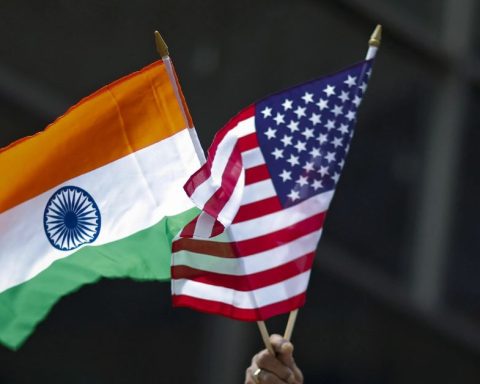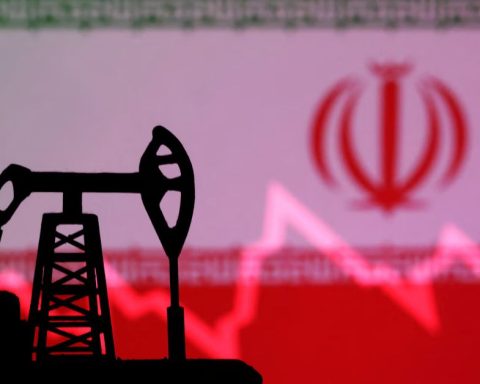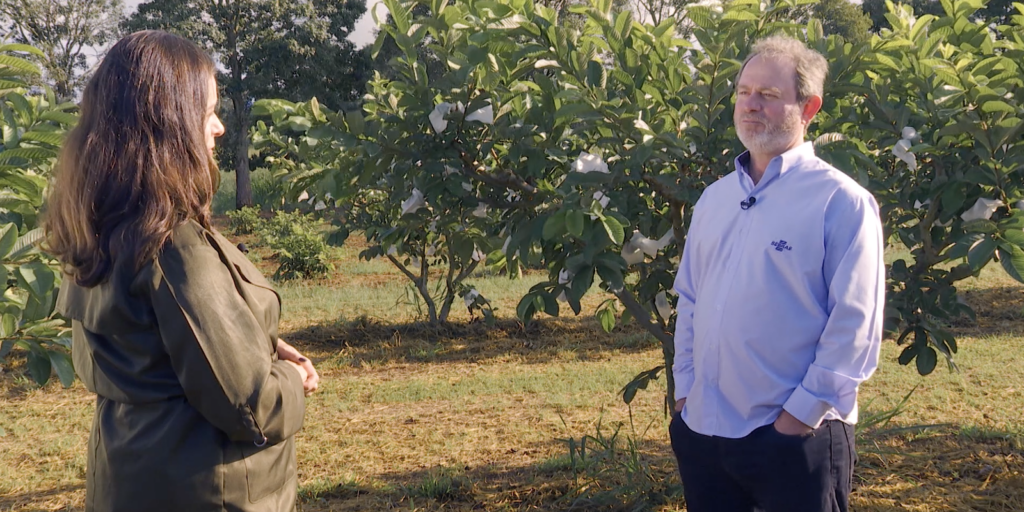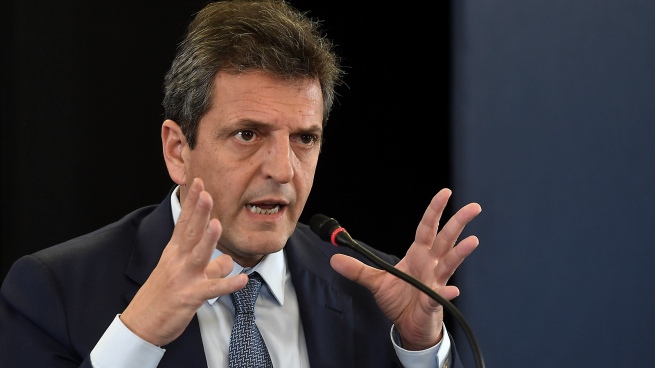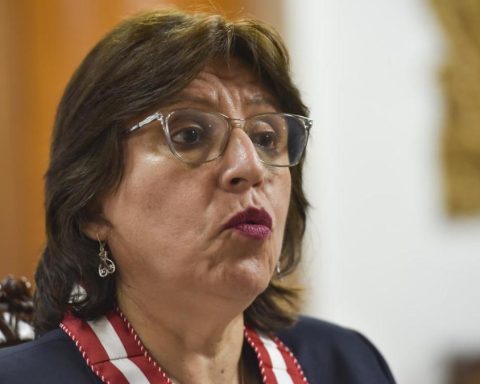October 16, 2022, 11:17 AM
October 16, 2022, 11:17 AM
Warnings to Taiwan, much about “security” – a word he has mentioned more than 70 times – but hardly any mention of the economy. The speech given by the president of China, Xi Jinping, this Sunday the 16th opens the 20th Congress of the Communist Party (PCCh), one of the most important meetings in the history of the organization.
Xi Jinping is expected to receive a third five-year term during the Congress, thus cementing himself as probably the most powerful Chinese leader since Mao Zedong in the 1970s.
The speech, which lasted almost two hours, was significantly shorter than his speech at the last congress in 2017.
The BBC correspondent in Beijing, Stephen McDonell, remarks that Xi Jinping had no room in his speech for “the slightest recognition of the social and economic pain” that the zero-covid policy has caused, nor has he given space to others ” massive challenges” from the government like rising youth unemployment or the housing crisis.
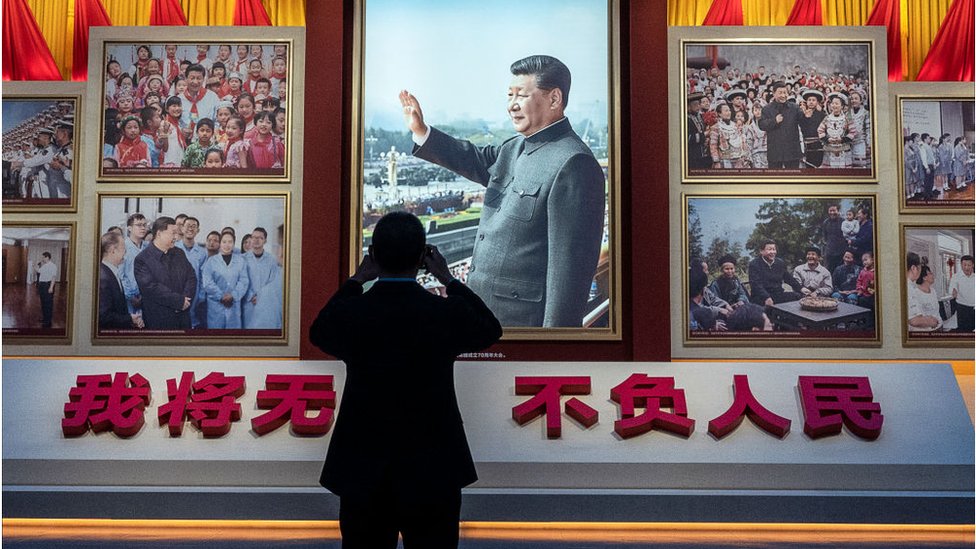
In his speech, Xi promised that China will not engage in any kind of “expansionism” and is committed to its policy of opening up to the outside world.
Also that the country adheres to the basic state policy of economic globalization and jointly fosters a new impetus for global development.
McDonell remarks, this speech was full of “standard Party rhetoric and short on real solutions to China’s problems.”
These are the keys to Xi Jinping’s speech.
1. Taiwan, Hong Kong and the use of force
Xi was referring to Taiwan, which China claims as part of its territory. He said that he “would never promise to renounce the use of force.”
Slowly and deliberately, he said that Beijing would encourage economic cooperation with the island, that it would genuinely strive for peaceful unification, but that the Party would “never promise to give up the use of force as an option.”
“The complete reunification of our country must and will be carried out,” he remarked, after which there was sustained applause from those attending the meeting.
Taiwan, which sees itself as an independent country (although it has never officially declared independence), has its own government, and is distinct from mainland China.
The leader also referred to Hong Kong and said that Beijing had exerted control there, turning the situation from “chaos to governability.”
Beijing imposed a sweeping national security law on the territory after pro-democracy demonstrations in 2019.
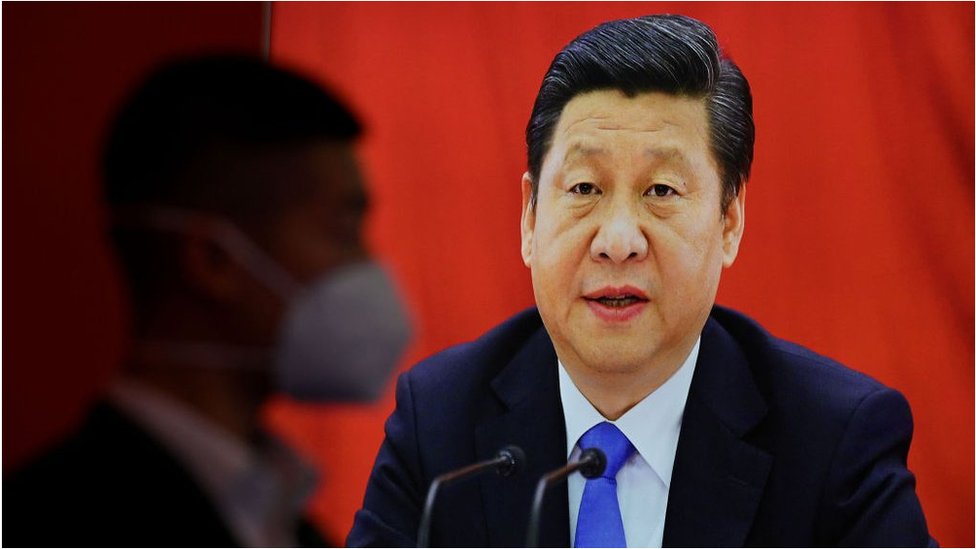
He also justified the demolition and alteration of many mosques in the northern Chinese provinces of Ningxia and Xinjiang, home to a majority Muslim population, saying religions here must be “Chinese-oriented.”
2. The zero covid policy
The controversial zero covid strategy had an important place in the president’s speech and he referred to it as a “people’s war to stop the spread of the virus.”
The policy has saved lives, but it has also taken a punitive toll on the Chinese people and economy, and this has led to more and more weariness among the population due to lockdowns and travel restrictions.
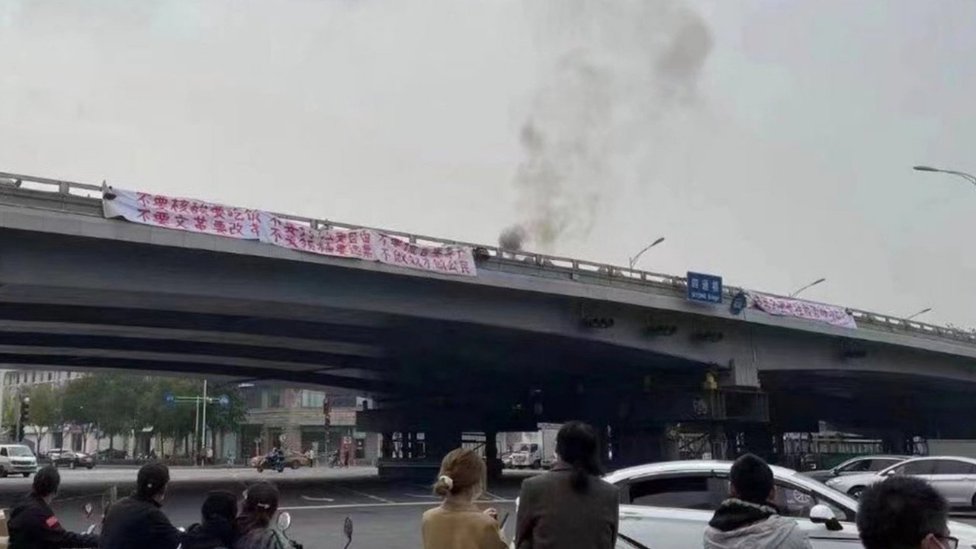
Beijing has been under tight security ahead of the congress, sparking frustration in the city. So much so that there was a rare protest in the capital.
On a bridge in the city they unfurled a banner that read “No to covid-19 tests, we want to eat. No to restrictions, we want freedom.”
3. The cleansing of the party and more militarization
One of the main policies with which Xi Jinping came to office was to cleanse the party of corruption.
Thus, since he has been in power, he has overseen far-reaching anti-corruption measures, something that extends to the highest levels of the party. But his critics present this as a political purge to get rid of those who could overshadow him or be rivals.
This cleansing of the party took place in the speech this Sunday. Referring to divisions within China’s body politic, Xi said his government had “eliminated serious hidden dangers in the party.”
It also gave great space to the issue of defense and national security.
The goal of the party, he said, is “to build a strong army in the new era.”
Beijing ratcheted up military pressure after a visit to the island by US House Speaker Nancy Pelosi in August, a trip it saw as a major violation of its sovereignty.
Now, Xi has vowed to further strengthen the armed forces, improve their equipment, technology and strategic ability. He pointed out that this effort to modernize them is so that it can better protect the national sovereignty, security and development interests of the country.
And this comes with more control by the party, he said, to make sure the military is always aligned with the CCP.
4. The environment and climate change
On this issue, Xi Jinping focused part of his speech and assured that he will promote “low-carbon industries and promote a low-carbon lifestyle. We will intensify pollution control. We will work to eliminate all serious pollution.”
But coal power won’t be phased out until new power sources are in place. “We’re building the new before we discard the old,” he said.
This occurs when China is suffering the serious consequences of climate change, with areas where the weather is extreme and there are, at the same time, intense rains and large floods and periods of severe drought and strong heat.
This has caused an intense use of hydroelectric energy, which has overloaded the network, already diminished precisely by this lack of rain, as well as the incalculable loss in the industry, which has had to reduce its hours or close due to the shortage. of energy.
McDonell stresses that the overall message of the speech was that China is making leaps and bounds under the guidance of the Communist Party, but the economic uncertainty swirling here right now is of a kind not seen in the country for decades.
Remember that you can receive notifications from BBC News Mundo. Download the latest version of our app and activate it so you don’t miss out on our best content.
